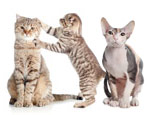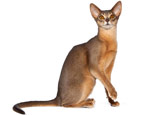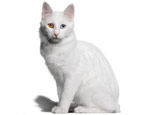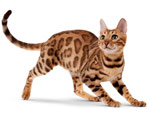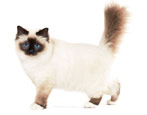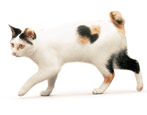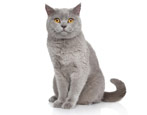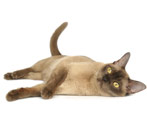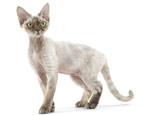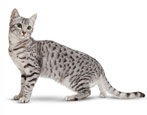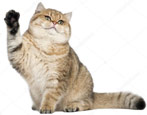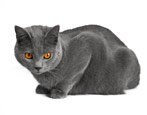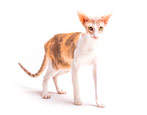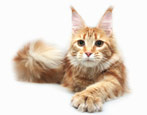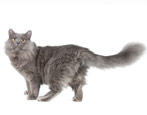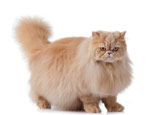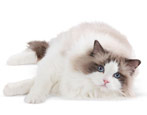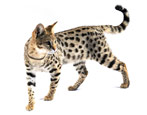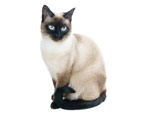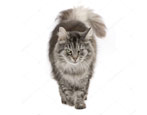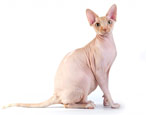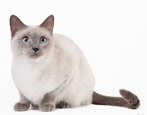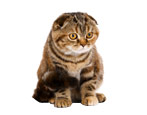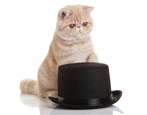How to feed British kittens?
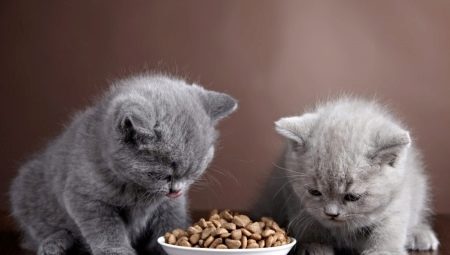
The desire to have a pet often leads to the fact that the baby appears in the house, where they have not heard anything about a healthy daily routine and diet. And if the cat breed is considered capricious or has a characteristic predisposition to intolerance to certain types of food, the scale of the problem is even aggravated. How to feed British kittens, if just such a fluffy pet appeared in the house? Is it okay to give them ready-made food or do they have to cook it yourself?
General rules for feeding depending on age
Food options for a straight-eared Briton at 1-5 months at home are quite varied. But it's not worth checking whether little kittens are eating regular food. It is better to follow the recommendations of breeders and veterinarians from the very beginning. Then allergic reactions, stool disorders or colic in the animal can be avoided.
The first and foremost rule when feeding a British kitten is the timely introduction of new dishes and careful observance of meal times. The orderliness of the mode allows you to maintain the pet's health at the proper level. And this is very important, especially when you consider that the appearance of the Briton as an independent breed occurred artificially - by selection.
Accordingly, the immune system in kittens is weaker than that of relatives, whose generations have survived under the influence of natural evolutionary processes.
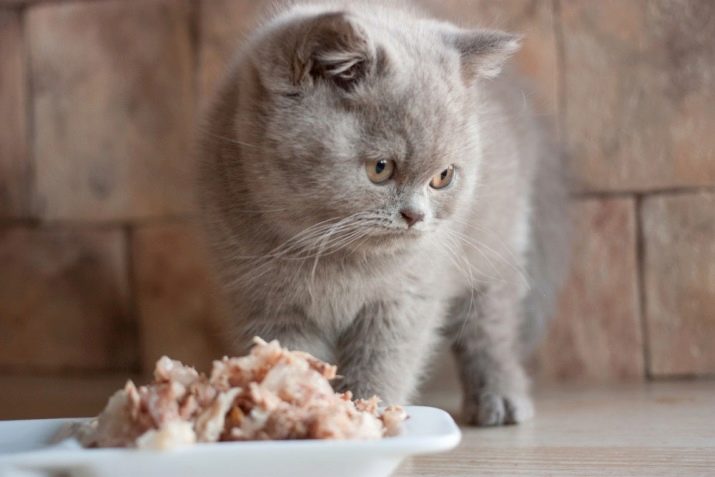
What can you feed a little one and a half month old kitten? Should I give natural products at home, and what is better to use as complementary foods? How many times do British babies eat, and how to properly teach them to feed? New owners always have a lot of questions.
In the first 3 weeks, the only and best food for a kitten is mother's milk. Further, the food becomes more varied. For the first complementary feeding in a nursery or a private breeder, special milk for kittens is most often used, which is close in composition to the mother's milk. The new owners usually get an already grown three-month-old Briton, ready to switch to a regular diet.
To ensure proper feeding, be sure to consider the age of the pet.
- In 1 month only wet food is introduced, from 4 weeks of age it is given three times a day. In the diet - special milk from a pet store (you should not give the usual one), cream, liquid milk porridge, beef, chopped to a state of puree.
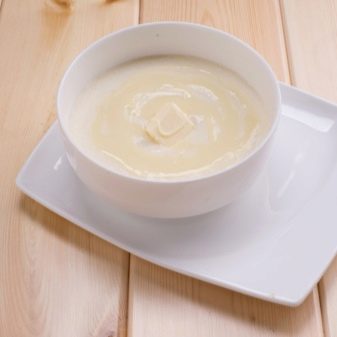
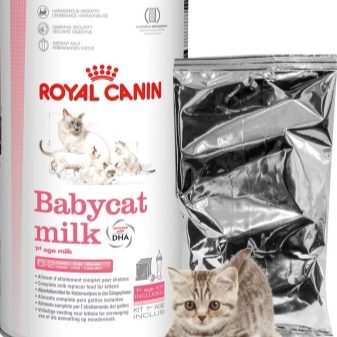
- At 1.5 months the British kitten already needs to expand the diet due to new dishes, cottage cheese is added. Complementary feeding is given 3-6 times, gradually milk feeding by mothers stops.
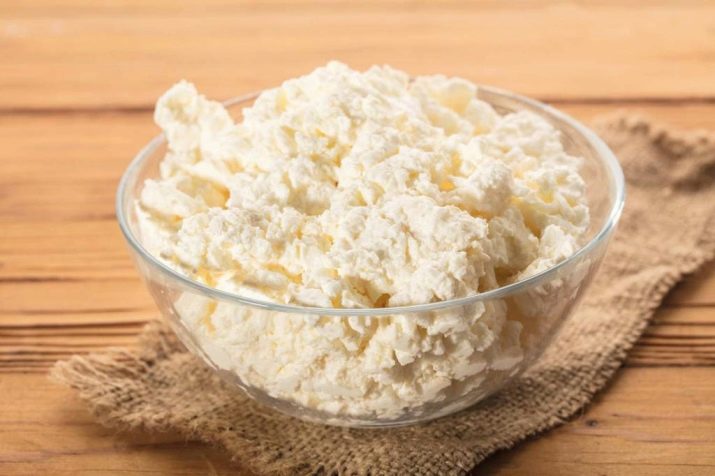
- At 2 months the frequency of feedings increases. Serve food 6-8 times, in small portions. In addition to the already used set of dishes, canned food intended for kittens, as well as a small proportion of soaked dry food, are introduced into the diet.
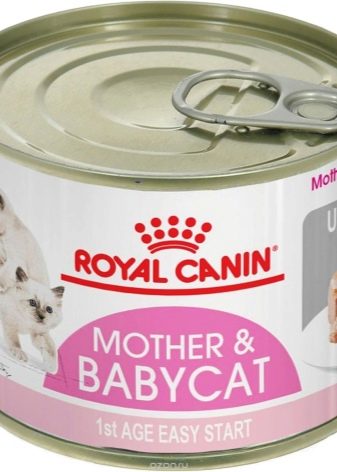
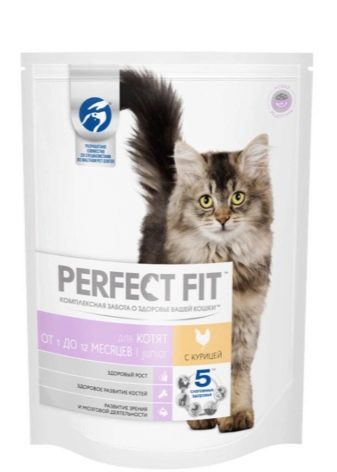
- At 3 months you can transfer the growing Briton to a full 6 meals a day with 1 feeding of dry food. They give finely chopped chicken and beef meat, canned food and preserves, offal, cooked and chopped, egg yolk. Boiled fish fillets (seafood, boneless) and canned meat for children can be used for feeding. Dry food is still given soaked.
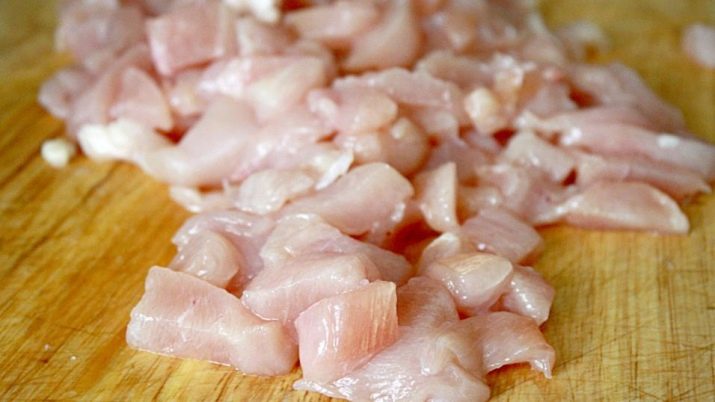
- At 4, 5, 6 months the number of feedings is gradually decreasing. By the age of six months, there will be a baby only 4 times. The share of dry food reaches 30%, it is given not soaked, high-quality cheese is added from wet food, which is a valuable source of calcium.
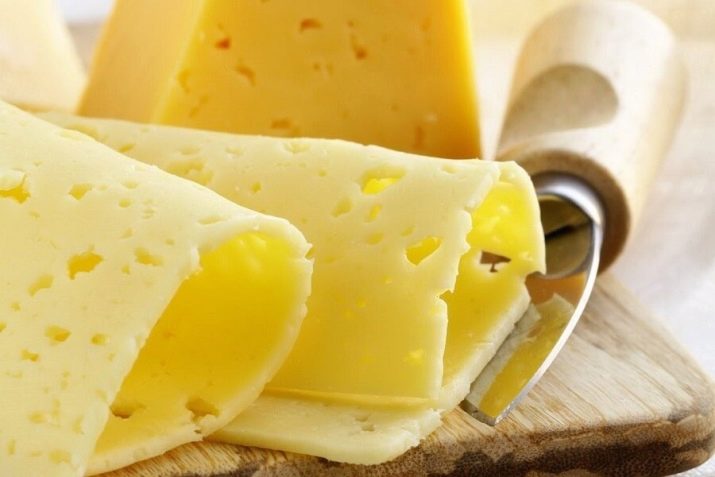
- At 7 months and beyond the number of feedings remains practically unchanged, 3-4 times during the day, with the share of dry food up to 40%. During this period, a young growing body no longer needs milk - it is removed from the diet, while expanding the list of types of meat. In addition to chicken and beef, you can give turkey, rabbit.
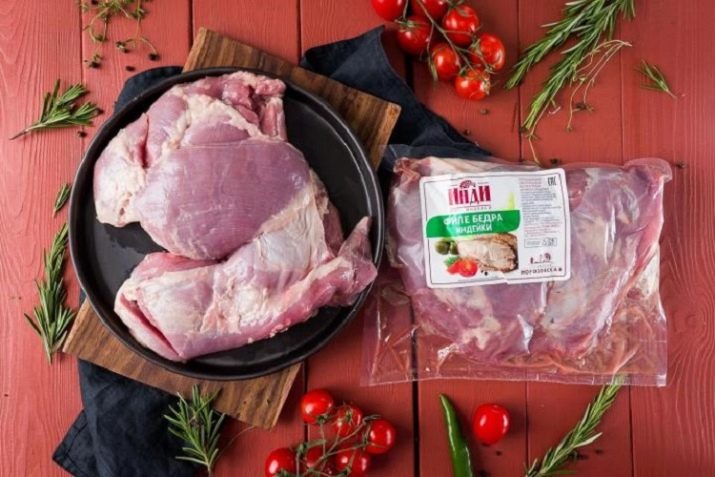
It is very important to know that from the age of ten months, young animals are transferred to adult nutrition; from one year on, the frequency of feeding should be reduced to two per day. In this case, the animal must receive at least 30% wet.
Is it okay to feed with regular food?
This is not to say that the definition of "regular food" is appropriate for the diet of British kittens. But homemade food in their diet is quite appropriate. You just need to approach the process of its preparation correctly. For example, you cannot do without meat, because cats are predators by nature.
Beef
It is introduced already in the first month of life, in the form of scraped off meat fibers. You can also use minced meat without any additives. The meat is pre-frozen for at least three days, then thawed and poured over with boiling water to destroy the bacterial flora. Both fresh beef and chopped beef must be given without any additives, salt, spices, and onions in any quantities are excluded. As the pet grows, the meat is cut into small pieces.
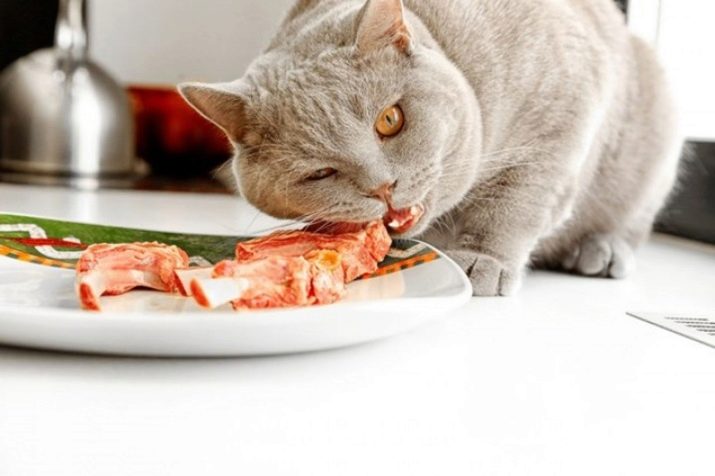
Offal
From the third month of life, the little Briton is ready to absorb offal. Boiled beef liver is introduced weekly as a complementary food, and chopped offal (heart and other liver) is also added to the main food 3-4 times a week. A serving at one time should not be more than 100 g.
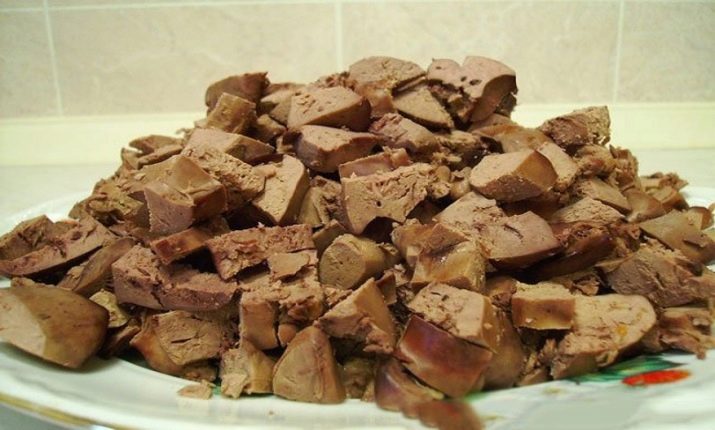
A fish
Only sea fish is suitable, it is better in the form of fillets - without extra bones. It is served raw or boiled to the kitten.It is important to carry out the correct pre-treatment of the product. Freeze it for 3 days, and then pour over boiling water to destroy helminth eggs.
In the kitten's diet, such an additive should be present no more than 2 times a week.
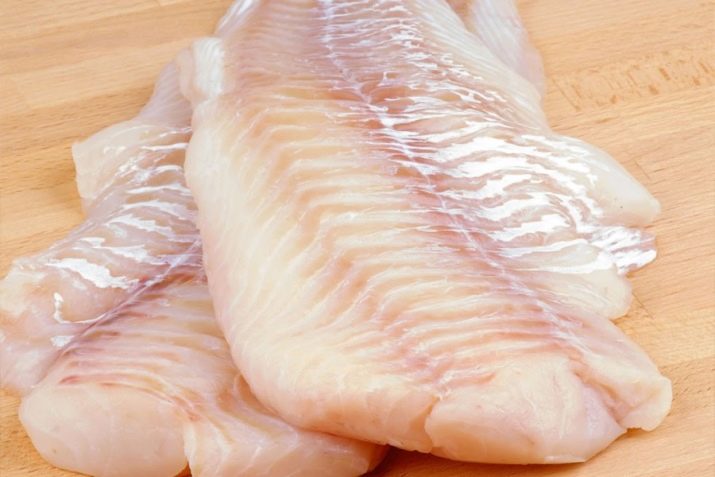
Eggs
Egg yolk is a valuable source of vitamin D, which protects baby's bones from deformation, rickets and other possible health problems. It is mixed into cereals and other dishes, pre-chopped. The frequency of introduction into the diet is once a week.
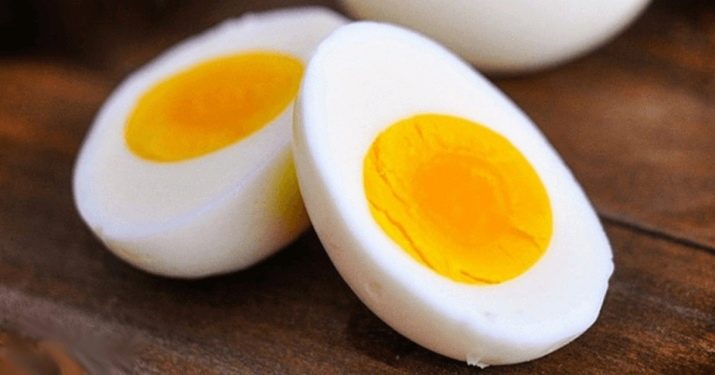
Porridge
The main source of nutrition for a kitten during the first months of life is food that does not require significant absorption, but nutritious and satisfying. This category includes all cereals that are cooked in their own way at each age.... For up to three months, food is cooked in milk with the addition of water, sugar is completely excluded. From the age of six months, they give the dish 3-4 times a week. Completely dairy-free rice, oatmeal, semolina are cooked.
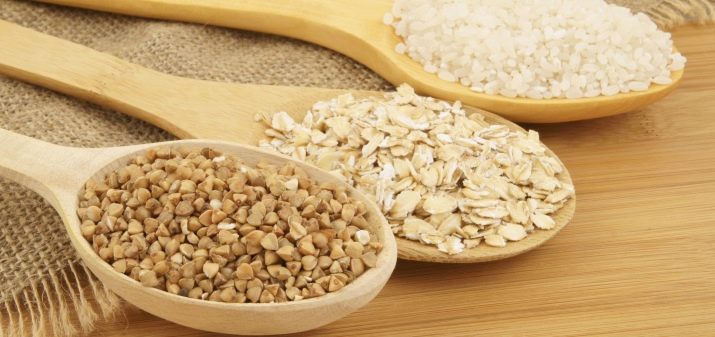
Vegetables
An obligatory component of the "children's" diet of a Briton is boiled vegetables rich in fiber. Babies are given carrots and cauliflower, chopping the ingredients, seasoning them with a small amount of vegetable oil. You can add prepared vegetables to a main meat dish or porridge.
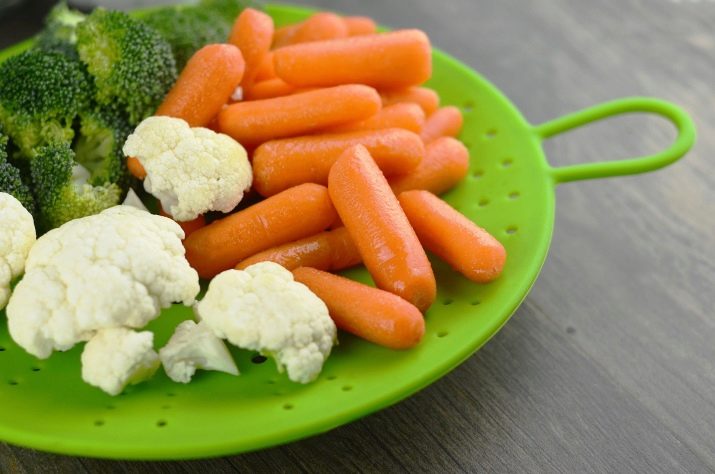
Dairy products
The source of calcium in a kitten's diet 3-4 times a week are sour milk products - natural yoghurts without sugar and additives, cream, cottage cheese, kefir. You should choose a product with a low fat percentage.
As the animal grows older, such an addition should be present in the diet no more than 1 time in 3 days.
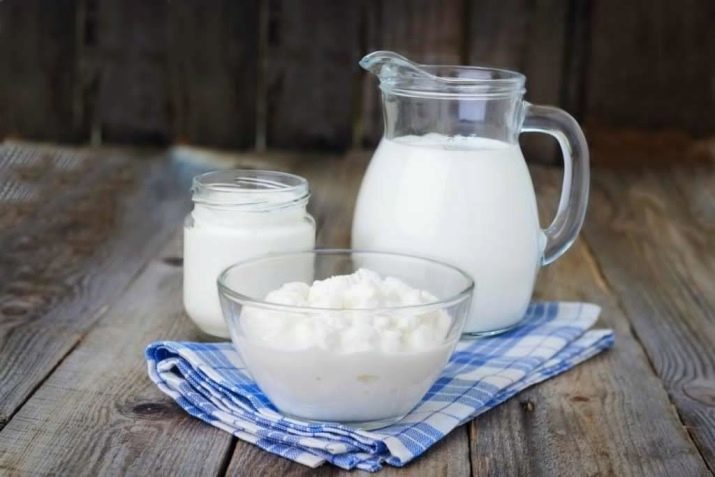
Overview of finished feed
When it comes to raising an elite, thoroughbred animal, you should pay attention to premium and super premium products from the very beginning. Brands like Royal Canin even have special food for British kittens in the British shorthair line. Products under the brands Acana and Chicken Soup are considered to be of even higher quality. Of the simpler brands, breeders recommend Hills, Pro Pac. Veterinarians advise owners of British cats to avoid forming an overly satisfying diet for their pets, as the breed as a whole is prone to gaining excess weight. If you choose a specific brand of food and canned food in spiders or jelly, then pates in jars should also be chosen of this particular brand.
If you want to give your pet all the best, you should pay attention to the highest quality grain-free product - Earthborn Holistic. The American brand produces a high-protein product with small granules, ideal for both kittens and adult cats. Another option is Go! Natural, produced in Canada. They are also grain-free, contain a balanced combination of meat, vegetables, grains, fats, vitamins.
But the product can cause allergic reactions, you should first get a recommendation from a veterinarian.
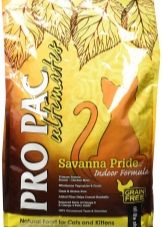
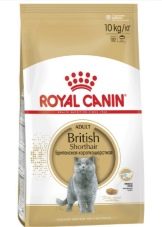
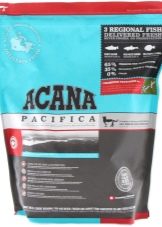
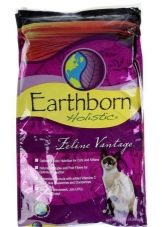
How to create a balanced diet?
Each owner decides for himself whether his pet will eat only dry or wet food, and in what proportion the dishes will be combined. Standard options: 50/50, 70/30, 60/40%. In any case, the animal must always have access to clean water. And the feed should be poured into the bowl only during feeding - the rest of the time it should be clean. To create a balanced diet, you can follow the example of experienced breeders who recommend:
- alternate feeding with dry and wet food (in the morning it is better to introduce soft pieces in sauce or canned food into the diet, then feeding continues with a dry product);
- regularly offer the animal meat cut into small pieces;
- you should not save on feed for a purebred or elite animal, this will lead to a deterioration in its health.
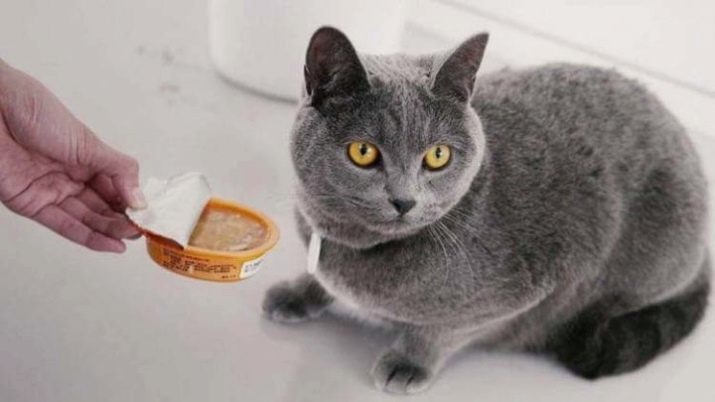
Prohibited foods
What shouldn't be given to British kittens? In fact, the food list here is the same as in the case of adult animals, which also have an impressive list. prohibited products:
- cheap feed (dry, canned and preserves) - the cheaper the product, the lower-grade raw material goes into it;
- fresh raw meat;
- pork - it contains microorganisms dangerous for the representatives of the feline family and is too fatty for animals;
- river fish (sea fish can be used, where there are no small bones);
- milk upon reaching the age of six months - it is not absorbed, it causes an upset stomach;
- onions - dangerous to the health of the animal;
- sweets, pickles, smoking.
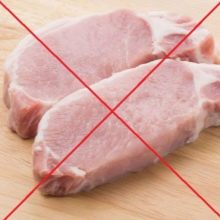
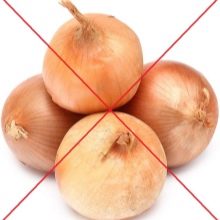
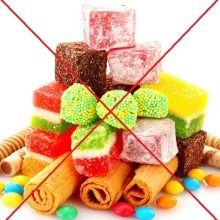
Subject to the correct diet and exclusion of harmful products, there is no doubt that the pet will grow and develop correctly. The British have their own limitations. For example, kittens with a lilac color are not recommended by-products that can affect the color of the coat.
Owners of a blue fur coat, in addition, should not eat foods containing carrots and seaweed.
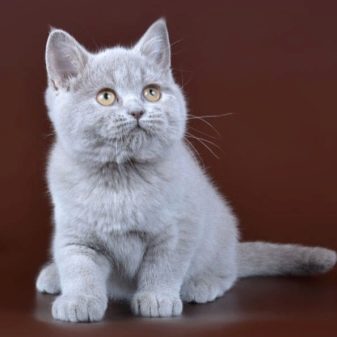
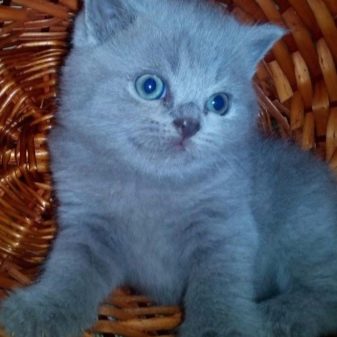
Veterinarian advice
The first and foremost thing that veterinarians remind about: the pet's diet should be stable, without surprises and sudden changes. It is recommended to immediately determine whether the pet will receive natural food or ready-made balanced food. If the animal eats food, fresh food should be introduced into its diet occasionally, as complementary foods.
An animal suffering from constipation or other stool disorders is most often characterized by eating disorders. If the owner gives cereals and meat one day and only dry food the next, this is guaranteed to lead to problems in the digestive system. It is worth talking to the breeder about the diet the baby is used to. It is recommended to give seafood with caution - they can cause increased intestinal motility or lead to upset stools. If problems have already arisen and last more than a day, the animal loses its appetite, weakens, discharge from the eyes appears, you should immediately consult a doctor.
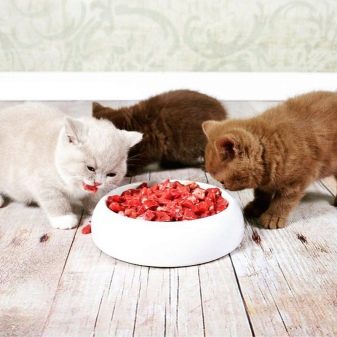
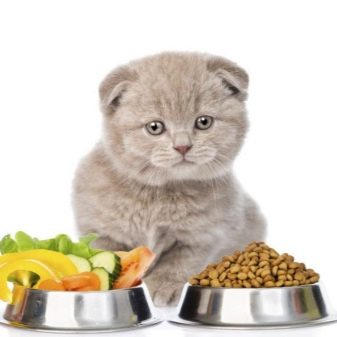
For information on how to feed kittens of the British breed, see the following video:
